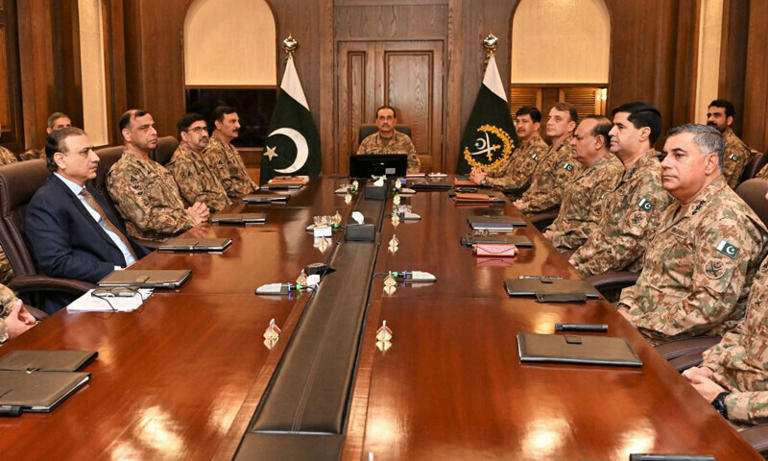Escalating Tensions Between India and Pakistan: A Looming Crisis in Kashmir
Introduction
In recent weeks, the already fragile relationship between India and Pakistan has deteriorated significantly, following a deadly attack in the Pahalgam region of Indian-administered Kashmir. The incident, which resulted in the deaths of 26 tourists, has reignited longstanding hostilities and raised concerns about the potential for a broader conflict between the two nuclear-armed neighbors.
The Pahalgam Attack and Immediate Aftermath
On April 22, 2025, a group of militants launched a brutal assault in the Pahalgam area, targeting a group of tourists. The attack left 26 people dead, most of whom were Hindu pilgrims, and several others injured. Indian authorities quickly attributed the attack to Pakistan-based militant groups, a claim that Islamabad has vehemently denied.
In response to the attack, India imposed an immediate ban on the import of goods originating from or transiting through Pakistan. This move, aimed at pressuring Pakistan, further strained economic ties that had already been weakened in recent years.
Diplomatic Fallout and Regional Repercussions
The diplomatic fallout was swift and severe. Both countries expelled each other’s diplomats, closed airspace to each other’s airlines, and suspended key treaties, including a vital water-sharing agreement. Pakistan, in turn, halted border trade and warned that any disruption of river flows regulated by the longstanding treaty would be considered an act of war.
Amid these escalating tensions, Pakistan reached out to its Gulf allies, including Saudi Arabia, Kuwait, and the UAE, seeking their support in defusing the situation. Pakistani Prime Minister Shehbaz Sharif emphasized his country’s commitment to regional peace and called on these nations to pressure India towards de-escalation.
Impact on Civilians in Kashmir
The renewed hostilities have had a profound impact on civilians living along the Line of Control (LoC) in Kashmir. In Indian-administered areas, residents are living in fear, with limited access to shelters and emergency services. In Pakistani-administered regions, authorities have allocated emergency funds, closed religious seminaries for safety concerns, and placed emergency services on high alert.
Humanitarian organizations, such as the Pakistan Red Crescent, are mobilizing resources to assist displaced families, preparing tents and aid for those affected by the escalating conflict.
International Concerns and Calls for Restraint
The international community has expressed deep concern over the escalating tensions. India has requested the International Monetary Fund (IMF) to review its loan programs to Pakistan, citing security concerns. Meanwhile, global powers, including the United States, have urged both sides to exercise restraint and emphasized the importance of cooperation in addressing terrorism.
Conclusion
The recent events in Kashmir have brought India and Pakistan to the brink of a potential conflict, with severe implications for regional stability and global security. It is imperative for both nations to engage in constructive dialogue, prioritize diplomacy, and work collaboratively to address the underlying issues fueling this longstanding dispute. The international community must also play a proactive role in facilitating peaceful resolutions and preventing further escalation.
